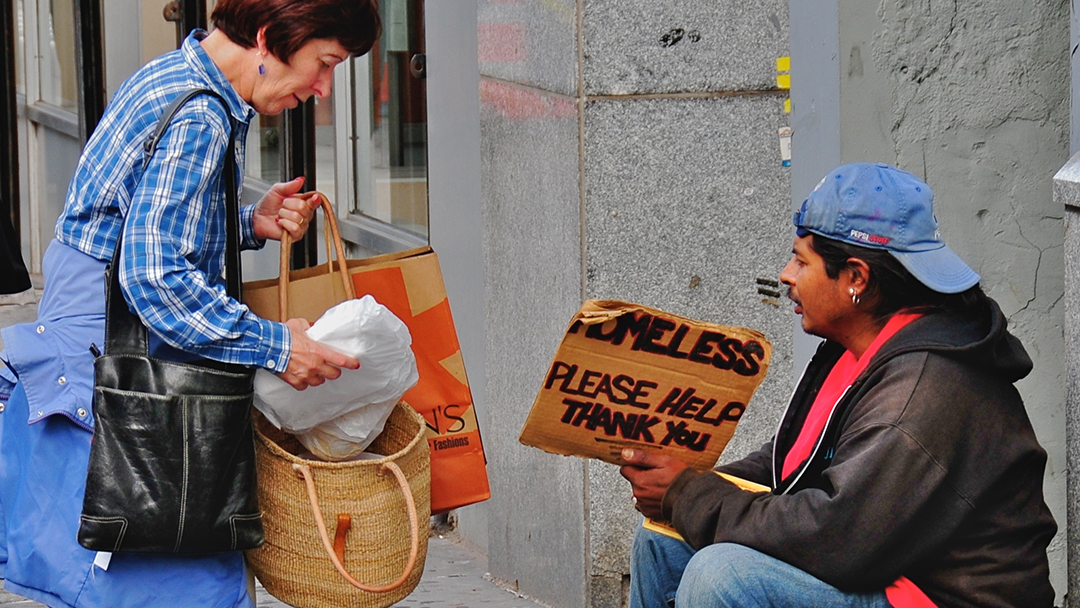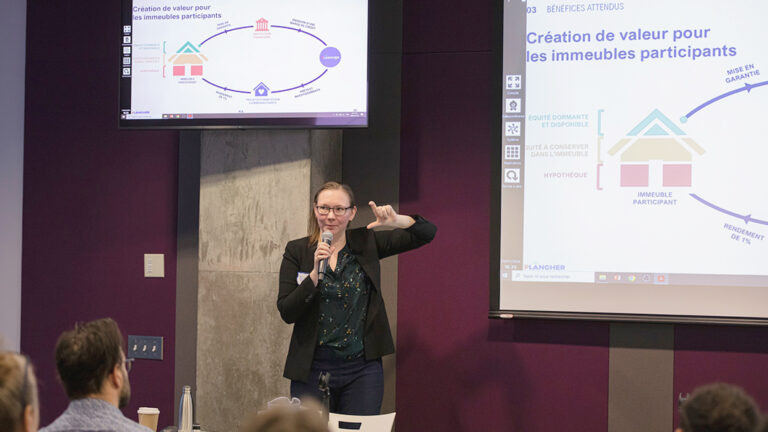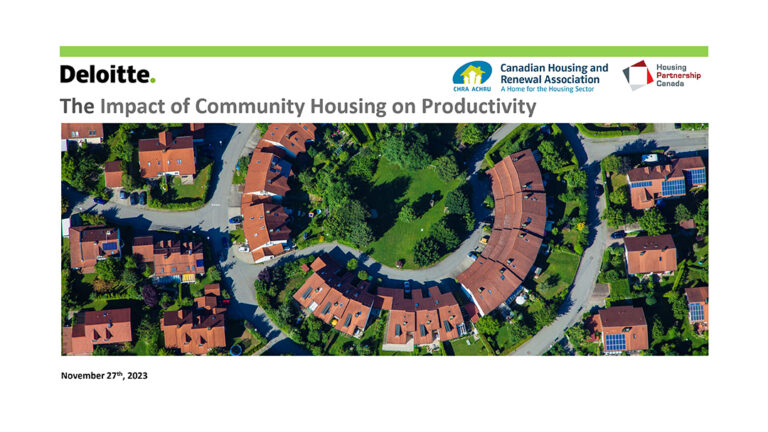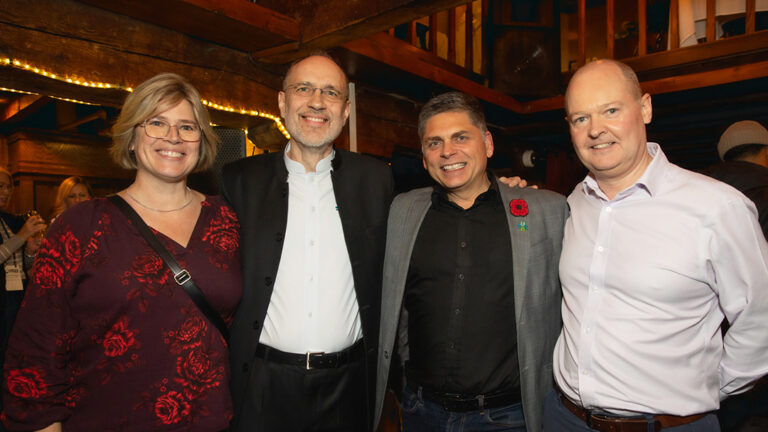An Eviction Away from Homelessness – How to Empower Vulnerable Tenants through Democratic Practices
Vancouver’s Single Occupancy Hotel rental rooms offer affordable rental housing for tenants in small 10×10 feet single rooms, where they typically share bathrooms on each floor, without access to a kitchen. These SROs were originally built for seasonal workers in the early 20th century. Over time, they have become a home to many of the city’s most vulnerable tenants with past histories of precarious housing realities. Before moving into their SRO room, many tenants have lived with friends or family, on the streets, in shelters, prison, and recovery houses. An even larger proportion of tenants rely on monthly income assistance or disability payments.
In this context, maintaining the stock to preserve low-cost housing options is crucial. But as rooms are re-rented at higher market rates upon tenant turnover, this private housing stock is quickly being lost. Because of the low vacancy rate and escalating rents citywide, landlords have an economic incentive to pressure out low income tenants and house students or workers instead who can pay higher rents. About 1,000 SROs have already been lost or are currently in the process of being converted into expensive micro-lofts with landlords doubling or tripling the monthly rent afterwards. Some other hotels were purchased by governments, renovated and operated as subsidized supportive housing by non-profit housing agencies.
The critical housing situation in Vancouver also adds the challenge to maintain SROs in habitable conditions. Many privately-owned SROs are terribly neglected, with aging and inhabitable rooms, in buildings where maintenance is poor at its best and numerous health and safety codes are violated. Almost all SRO tenants have recently experienced problems such as no working heat, running water or elevators.
Improving Housing Security and Tenant Representation in Single Room Occupancy Hotels
The SRO Collaborative Society started as a pilot project in 2015 with the aim of organizing repairs and setting up tenant committees in 5 privately-owned SROs. The organization was established to support vulnerable tenants in Vancouver’s Downtown Eastside and Chinatown. In 2017, SRO-C formed its own society and began organizing networks of SRO tenants for overdose prevention in the privately-owned SROs. Other initiatives include helping tenants in their legal cases, resulting in major improvements at different hotels.
“The funding that we got from the Centre’s tenant-based initiative is helping us develop stronger partnerships between the city and the province as well as some caretakers, landlords, and the tenants,” says Wendy Pedersen, Founding Director of the SRO Collaborative Society.
Through many programs, tenants are invited to take active part in shaping their housing conditions through tenant committees, tenant rights education, knowledge sharing, and peer-led tenant support services. With a two-year support from Queen’s and Simon Fraser Universities, the SRO Collaborative has developed and evaluated a model for tenant committees and created a new strategy to get repairs and tenant supports.
“Empowering SRO tenants is the key”, explains Wendy Pedersen. “Many SRO residents have experienced difficult and traumatic situations in the past, from homelessness or health issues to others having lived in deep poverty or facing addiction challenges. One of the main reasons that SRO housing conditions are so deplorable is that tenants lack power. In addition, many of them are too scared to speak out, because of fear of eviction, and the experience that their voices have rarely been heard.”
The SRO Hub approach to empowering tenants is unique in combining research through surveys with an inclusive and democratic approach to implement change. Tenants access to information is increased through creating a newsletter about tenant rights and assembling a library. Tenant committees help foster participation around housing decisions and responsibilities. Cultural and healing supports is offered to one third of SRO tenants who self-identify as Indigenous.
Another important element is teaching tenants about their rights and responsibilities through workshops and an “SRO degree” providing them with skills and knowledge to negotiate with their landlords for improvements and repairs.
Supporting tenant capacity is then taken to the next level. Aside from equipping them with knowledge and skills, opportunities to work in groups as well as providing resources and employment, there is a long-term goal to the interventions: The SRO project aims to develop housing agreements that secure privately owned buildings with tenant committees and peer-led supports for tenants embedded into the agreements. Important representations have taken place to get tripartite government funding for structural renovations and long term rent subsidies in the hotels.
Hopefully, the current COVID-19 related discussions (read more) will help improve the situation for SRO and other vulnerable tenants in the Vancouver region.



